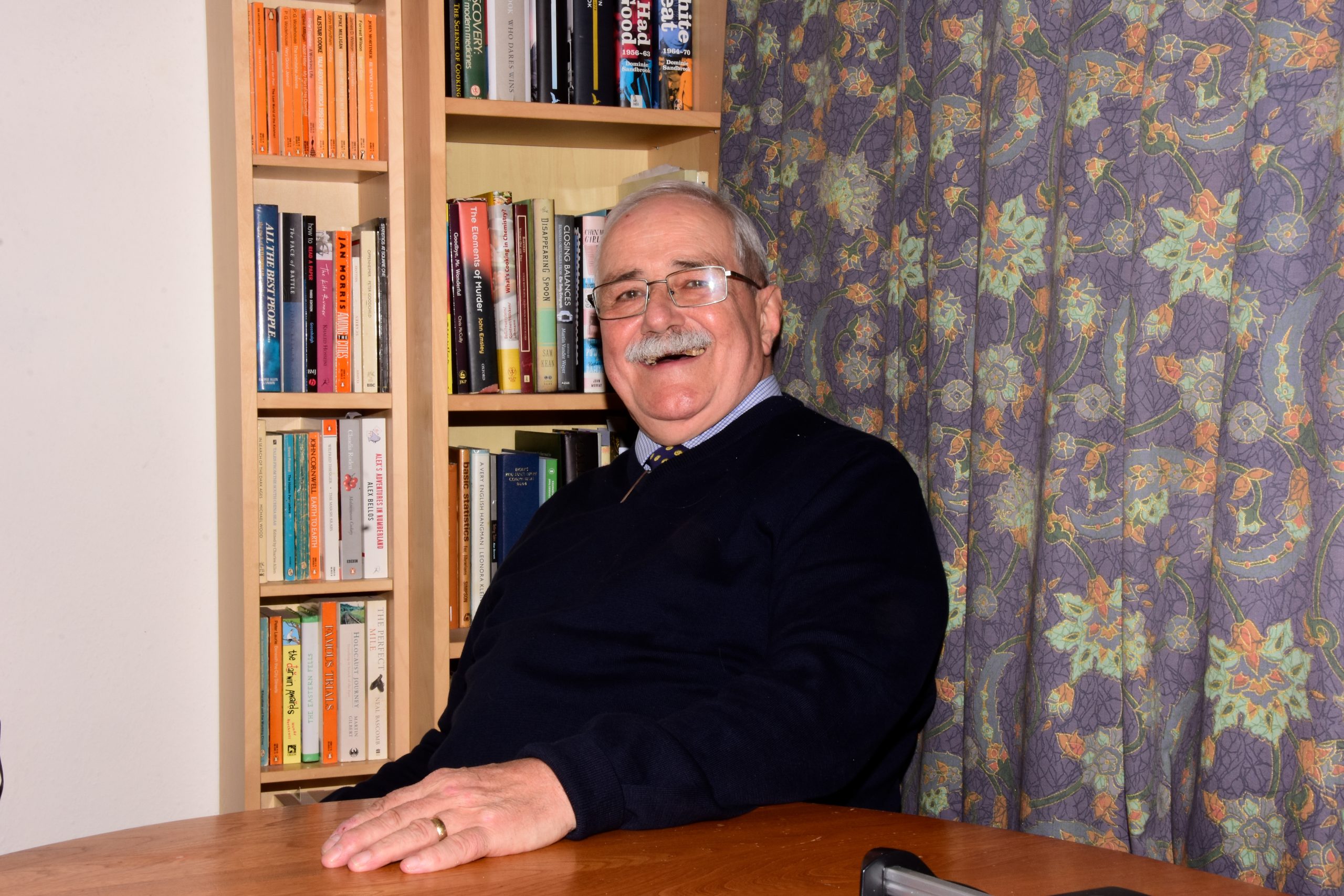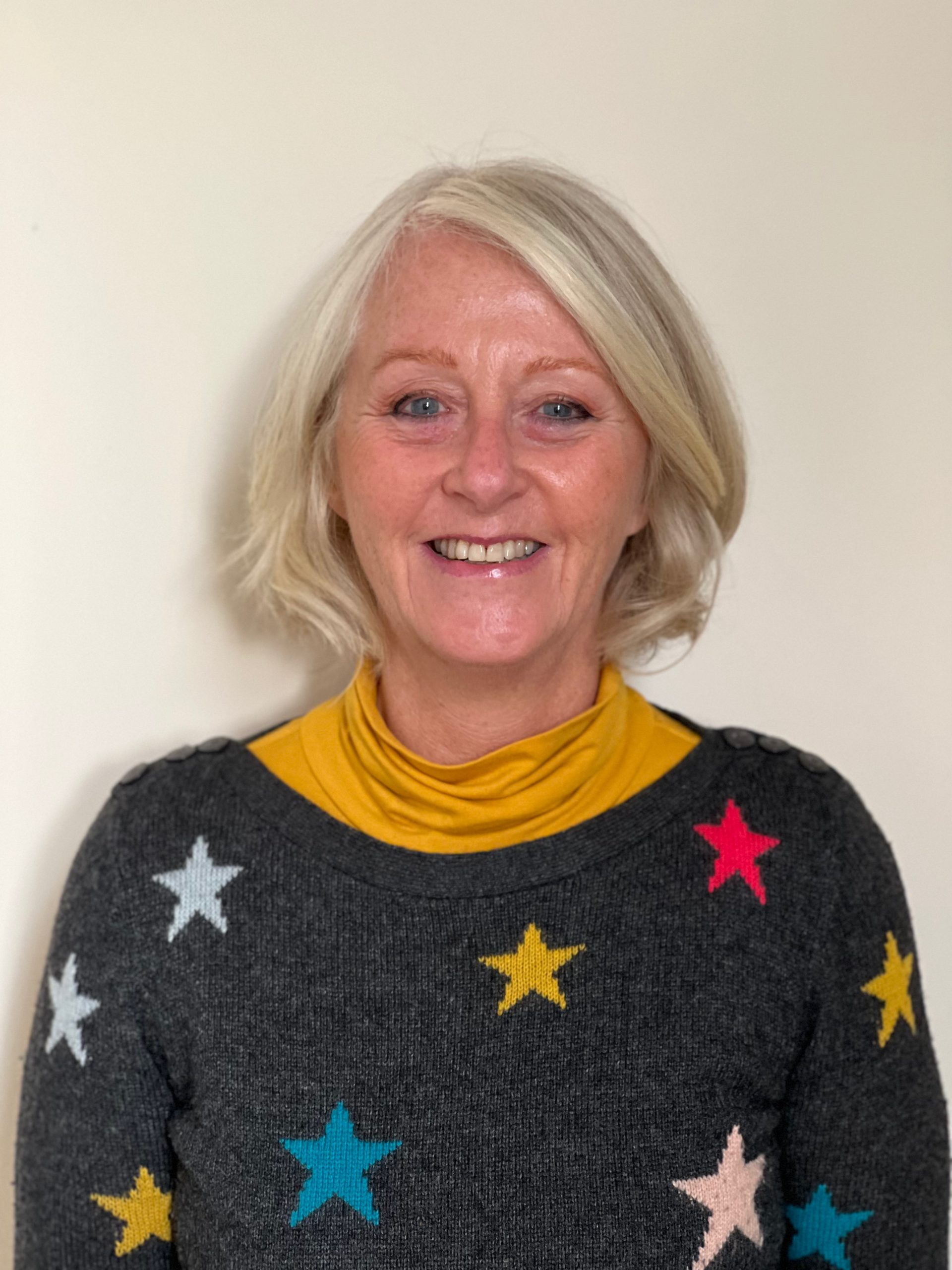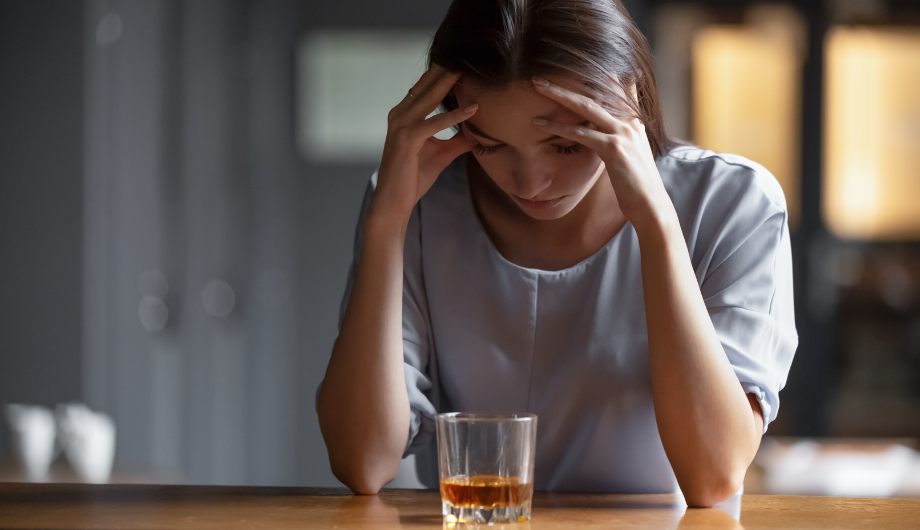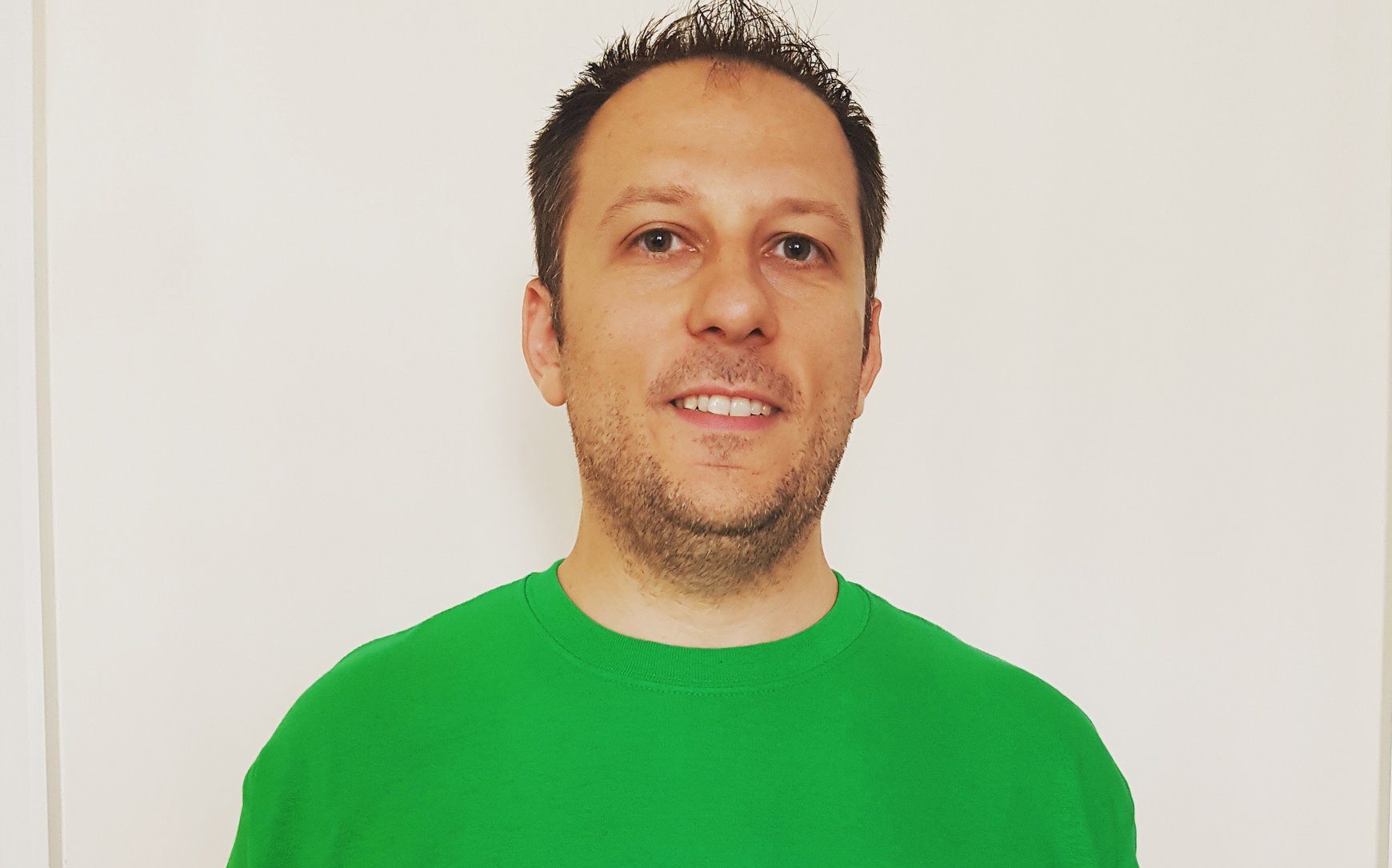Anne Cawdron is a retired pharmacist who we helped with her addiction struggles when we were The Benevolent Fund. She has kindly shared her story to encourage those in our pharmacy family to reach out for help.
“Was I born an alcoholic? I don’t know? However I do know that my relationship with alcohol was never “normal”.
I was always the first to suggest going to the pub.
Always the one to suggest going on somewhere else, anywhere alcohol was available, and always the last to want to leave.
This was the story through my late teens and university years, but it didn’t concern me; I was having fun. Didn’t all students go out every night? I had to re-sit a year of university, but I told myself it was a failure to understand organic chemistry and nothing to do with the late nights and missed lectures.
I qualified as a pharmacist and started a career that has been a huge and massively important part of my life…. but I carried on drinking.
20 years passed with marriage, children, moving around the country, and the world. Sometimes working, sometimes not, but all the time drinking and the drinking becoming more and more out of control.
In 1997, while living abroad, I had a car accident and was prosecuted for drink driving.
This prompted my first contact with the Health Support Scheme of the RPSGB Benevolent Fund. I was planning to return to work in pharmacy and was worried that my conviction could affect this. Tellingly I was not worried that my drinking might affect my ability to work safely as a pharmacist. The co-ordinator of the scheme was keen to “suggest” that it might be the drinking I should worry about, but that wasn’t advice I was ready to hear.
I returned to the UK, and to work in pharmacy in 1998. I was in complete denial of the effects my drinking were having on me, on my family and my work. But at some level I also knew that I had a problem. I cut out and kept an article from The Pharmaceutical Journal (November 7, 1998) about the setting up of an Addiction Treatment Unit at Birdsgrove House the RPSGB convalescent home in Derbyshire. (I still have that article to this day). The article described how the Birdsgrove Unit was specifically for Healthcare Professionals: Pharmacists, Doctors, Dentists and Nurses. I wasn’t at the point of admitting that I needed help, but I felt that if the time came when I did, this might be a place I would consider.
One of the characteristics of addiction is a feeling of being “special and different”, sometimes described as “terminal uniqueness”. Looking back I can see that being a pharmacist was a huge barrier to seeking help; knowing that there might be others from a similar background with a similar problem was an eye opener; I thought I was the only one.
Alcoholism is a progressive illness – it gets worse.
I tried to hide my drinking, I tried to control my drinking, but it was controlling me. At some level I knew that I had to stop; however I crossed each red line I put in place. I told myself I’d stop when ‘XY or Z’ happened, but I never did. I made more calls to the Health Support Scheme Co-ordinator (the extraordinary Joe Mee). It was so important that I could speak to someone who understood, someone who had been where I was, someone who didn’t judge, but also someone who understood the specific pressures of being a healthcare professional in the throes of addiction. Worries about being caught, worries about consequences – all the things that made me try and hide what was going on.
And then came the day when I could hide no longer.
In October 2000 I was stopped by the police and breathalysed. I was over the limit. I was aware that I could lose everything, but at the same time relieved. I think I knew that I had finally reached the red line where I had to stop. When I got home from the police station, I rang The Health Support Scheme. From that moment a process started that led to me being admitted to Birdsgrove House less than three weeks later.
That was November 2000, I haven’t had a drink of alcohol since then.
There were consequences. I lost my driving licence and was referred to the (as it was then) RPSGB Disciplinary Committee. They gave me a warning and there is still a Fitness to Practice flag on my GPhC registration, yet the consequences could have been so much worse. I didn’t cause an accident, I didn’t lose my husband and children, I didn’t make a serious dispensing error, I didn’t lose my right to practice as a pharmacist, I didn’t lose my job and I didn’t lose my life. All those things could have happened and, one by one, would have happened if I hadn’t stopped drinking when I did.
Looking back, I believe my experience made me a better pharmacist.
I’m pretty much retired now, but in the more than 20 years since I picked up the phone and asked for help, I have gone on to have a wonderful career in pharmacy. I have worked in various areas of the profession and not hidden my alcoholism. I believe it has made me a better pharmacist, more understanding, more tolerant, more available for others. It has certainly given me more understanding of patients with addiction, not just those with blue prescriptions for opiate substitutes but also those getting painkillers a little too often and those smelling of alcohol a little too early in the day. Unfortunately addiction amongst pharmacists is still very much hidden. Often the only time a pharmacist reaches out for help is when they are facing disciplinary procedures. This very sad but also very understandable.
I believe that I will always be an alcoholic. I still go to AA meetings regularly and that helps to keep me well, a day at a time. I try to help other alcoholics and addicts, and I hope that reading this might make someone else reach out for the help that is available sooner rather than later.
In 2006 The Benevolent Fund became the independent charity Pharmacist Support. Birdsgrove House was sold but the proceeds continue to be used to help pharmacists. If any pharmacist reading this thinks they have (or might have) a problem with drugs or alcohol, Pharmacist Support can provide free, independent, and confidential advice, from people who understand as I was understood and can help as I was helped.
There is nothing to lose in picking up the phone, but so much to lose in not doing so.
Pharmacist Support’s Addiction Support exists to support people experiencing problems with alcohol, drugs, gambling, eating disorders or other types of dependency. This service provides access to fully qualified addiction specialists, and all calls to the helpline are entirely confidential. If you have a dependency issue, or if you know of a friend or colleague with a problem, you can contact the Addiction Support service direct for advice on 0808 168 5132 or by emailing [email protected]




